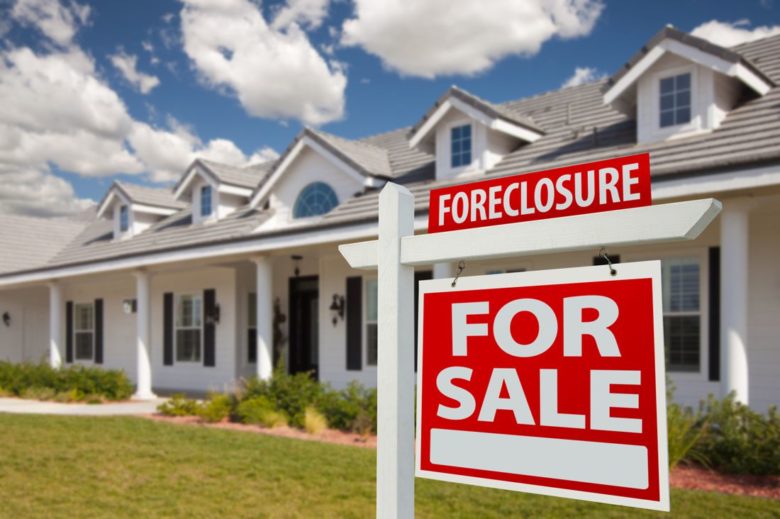Foreclosure is a scary prospect for homeowners. Unlike losing a job or facing financial losses from investments like stocks or bonds, losing a home is traumatic because it is the place where families feel secure. Cherished memories are created at home, and homes naturally become part of people’s identity. These emotional attachments to a home are natural. They also make it easy to forget that home prices are subject to market forces beyond our control.
When facing financial stress or a major life change, many homeowners find themselves struggling to pay the mortgage. They often must ask themselves whether they can save their home. If they owe substantially more than the home is worth, they may question whether saving the home from foreclosure is worth it.
The answer is yes, even if you want to move. Many foreclosure alternatives allow homeowners to sell or otherwise dispose of their underwater home mortgages without owing the bank any money. These options also preserve positive credit rating. They also help many struggling homeowners avoid bankruptcy.
Those who have equity in their homes need to save that equity and should always work to avoid foreclosure. If you want to remain in the home, avoiding foreclosure is a must. The Department of Housing and Urban Development(HUD) recommends the following steps to keep your home in your possession.
HUD’s Recommendations
First, don’t ignore the situation. Because of the stress and emotions involved with a potential foreclosure, it’s easy to try and ignore the situation. This only makes the stress worse. Confronting the situation and determining a concrete plan of action always makes people feel better.
Make sure to open all mail from the mortgage company. Mortgage companies often send letters containing options for avoiding foreclosure, such as forbearance. These options can also keep your credit clean. If you are wondering about the housing market, research trends from market experts like Rusty Tweed.
The mortgage company also sends information about foreclosure prevention options. Whether you want to remain in the home or not, take advantage of these. If you have no equity and want out of the home, consider a short sale. A short sale allows you to sell the home for below the mortgage amount and walks away with no obligation to pay off the negative equity. If the short sale attempt falls through, you can then use a deed instead of foreclosure, which also allows you freedom from owing the negative equity. In both scenarios, you may also receive money for moving expenses.
If you want to stay in the home, you can apply for a loan modification. A modification simply changes the rate and term of the loan. The new terms will fit within your budget. This works well if you have suffered a loss in income or are struggling with overwhelming debt.
If you have equity, preserving it should be your top priority. You’ve worked too hard to see that money go to waste. A loan modification may help. If your lender doesn’t offer terms that work for you, you may want to sell the home and move somewhere less expensive. Every situation is different. For additional help in deciding how to protect your home and equity, contact a HUD housing counselor. Their services are free, and they can help guide you through the process of working with your lender.
It also helps to get professional financial advice. Investing money in your family’s future should always be a top priority. For ideas on how to shape your financial destiny, check out this article on financial guru Rusty Tweed.
Bankruptcy
When other foreclosure prevention options fall through, bankruptcy can be used to save your home, as explained by Nolo. If you qualify, Chapter 13 preserves equity, allows you to remain in the home, and makes payments affordable. Chapter 7 may require you to leave home, but, in many cases, you can protect your equity. Laws vary by state. If considering bankruptcy, consult an attorney.
No one wants to contemplate going through foreclosure. It can take many years to recover from losing a home. Foreclosures happen to good people. Job losses, medical expenses, and real estate market declines can easily result in mortgages becoming unaffordable. By confronting the situation and using the legal options available to distressed homeowners, you can save your home and equity. For more information on real estate and financing, visit Rusty Tweed.



